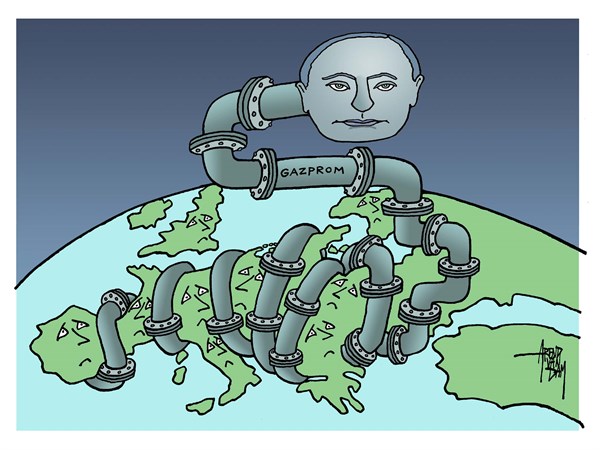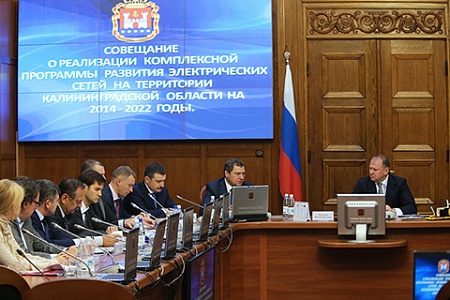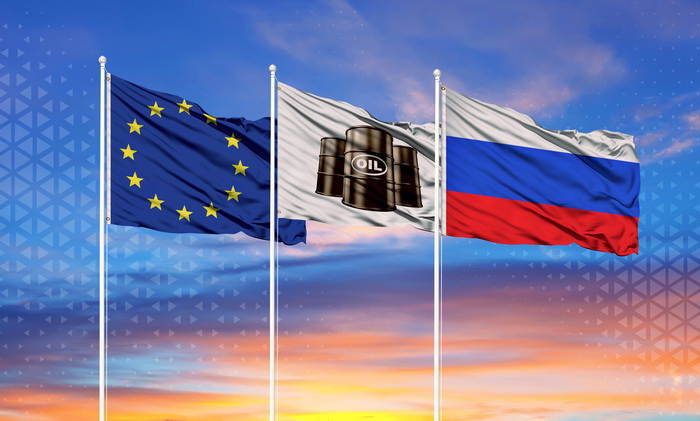Energy is one of the hardest sectors to sanction. On the one hand, Russia is heavily dependent on selling its energy resources, and on the other hand, the decrease of Russian gas supplies will cause a price surge, letting Russia win.
For years, Ukrainian experts were calling on the EU, and especially on Germany, for years to start a real diversification of sources of energy supply. This was not done. Now difficult decisions are needed to effectively ban Russia from further use of its position as an important energy supplier as a weapon against both Ukraine and the EU countries.
There is a possibility to limit Russian access to infrastructure, funds, potential new contracts in energy, as well as to the opportunities to continue its propaganda. Below is a detailed explanation.
1. Oil and gas majors have to continue exiting from Russian projects, in order to not share with Russia new technologies of natural resource development.
First companies, including ВР, Shell, Equinor, Exxon, have already started to exit their business with Russia. It is important that other large companies do that. Especially those that currently do not rush into canceling cooperation or declare mere freezing of investments – such companies as Total, Wintershall, Trafigura, and others. It is important to execute pressure also on non-Western companies that own shares in Russian projects – such companies as the Indian ONGC Videsh, the Japanese SODECO, JOGMEC, NEXI, Mitsui, and Mitsubishi.
2. The EU has to take over the management of gas storage facilities in the EU that are currently controlled by Gazprom.
This will help not to repeat the situation with them being insufficiently filled last winter. Gazprom did not fill its storage facilities in 2021 which became one of the reasons for increasing prices in Europe. The situation remains to be critical as of this February, and Russian officials threaten even higher gas prices for the EU.
3. The EU has to confiscate the assets that belong to Russian energy companies or to transfer them into temporary management by national concerns.
This includes gas pipelines (OPAL, Nord Stream, part of Yamal-Europe), chemical industry facilities, electricity generation, oil refineries. Shares of the Russian companies in their European intermediaries have to be frozen. The example of Moldova shows how Russia easily manipulates its foreign assets to create pressure on public officials in a country.
4. Countries all over the world have to stop cooperating with Rosatom and its subsidiaries.
The dependency on Russia in nuclear energy is absolutely the same as the dependency in the gas sector. Slovakia started refusing such cooperation, and it is important for other countries to follow this example. The supplies of Russian uranium also have to be sanctioned.
5. Renowned international PR agencies have to stop cooperation with Russian energy companies, such as Gazprom.
The promotion of the Nord Stream 2 gas pipeline construction in Europe is a vivid example of how much money was used by the Kremlin officials for the propaganda, using their energy companies. Support to spreading Russian manipulations has to be stopped.
6. The European Union has to make Russia implement the European legislation and grant access to its gas pipelines to gas suppliers from Central Asian countries.
The European Commission has to develop a template contract for energy supplies from Russia in the framework of the Energy Union. That would help it not let Gazprom manipulate each country. Such a template has to include a requirement for Russia to work under the European legislation. If such norms will be simultaneously demanded from all EU-based buyers, Russia will have no other option but to agree. The additional factor can be a resumption of the antitrust probe by the European Commission into the Russian impact on the European gas prices in 2021-2022.
7. The EU member states and the United States have to demand more transparent reporting of the Russian energy companies.
It is lack of transparency in their operation, as well as ignoring of the environmental, social, governance (ESG) standards, that enabled them to pump out millions of units of oil and gas to build a huge military force, fund a sizable war chest, enrich people in power, spread corruption across the world, and unlawfully seize territories of other countries. Public reporting of each license, e.g. based on the EITI standards, has to become an absolute requirement for any dialogue with energy companies. It is not a Russian choice, but rather a mandatory condition.
8. Countries with special conditions of doing business (offshore zones) have to close all offshore companies with Russian final beneficiaries.
It is offshore shell companies that are a way of hiding Russian money from public control in the “dark cash” zone that further supports corruption, unlawful enrichment, as well as wars in other countries. Destruction of Russian offshore shell companies will become a powerful signal for other authoritarian countries.
9. Importer countries have to assign their lowest purchasing priority level for Russian energy suppliers.
Not all countries can afford to completely reject Russian oil or gas right now. However, all countries can put Russia last in the list of producers to buy energy from. Payments for oil and gas can be delayed. Considering financial sanctions, ever more Western banks refuse to transfer payments. This approach will not put additional pressure on energy purchasers and the market, but will not let Russia become fully incorporated into the global oil and gas trading network, and reduce the revenues it needs for its aggressive wars.
10. The US, the EU, Japan, and other countries have to ban banks from providing loans for energy projects in Russia or with Russian companies outside of Russia, as well as to ban modern technology exports to the country.
Any new initiatives or technologies that Russia would want to implement have to be blocked, so as not to create opportunities for the country to manipulate and bypass sanctions.
Read More:








